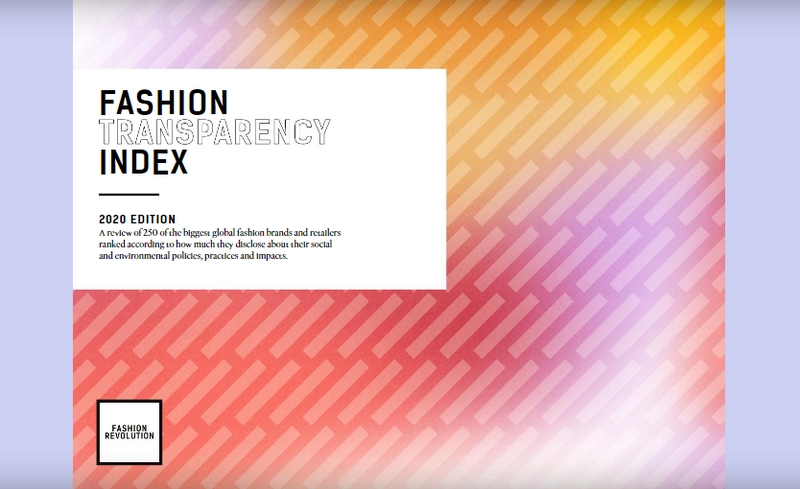The H&M Group, C&A, Adidas/Reebok, Esprit, Marks & Spencer and Patagonia are the world’s most transparent major fashion brands, according to the 2020 fashion transparency index from the campaign group Fashion Revolution.
The annual report, now in its fifth year, ranks the amount of information companies disclose about social and environmental policies, processes and effects within their operations and supply chains.
Puma, Asos, Nike and VF Corporation – the company behind brands including The North Face, Timberland, Vans and Wrangler – are also in the top 10. The joint lowest-scoring brands included Bally, Jessica Simpson (the pop star’s label), Max Mara, Mexx, Pepe Jeans and Tom Ford, all of which revealed nothing at all about their practices for 2020.

The report investigates brands with a minimum turnover of $400m (£320m), scoring them based on a detailed analysis of 200 indicators ranging from human rights to the use of plastics. This year’s report investigated more brands than ever – 250, up from 200 last year.
On average, brands achieved a score of 23%, up two percentage points from last year. The top-performing company, H&M Group – which covers brands including & Other Stories, Arket, Monki and Weekday – scored 73%, having scored 61% last year.
The most improved brands included Monsoon, up 23 points this year, the Italian brand Zegna, up 22 points, and Sainsbury’s Tu, up 19 points. More brands than ever disclosed their suppliers, with 40% disclosing their top-tier suppliers, up from 35% last year.
According to Sarah Ditty, the policy director at Fashion Revolution and the author of the report, it is not an examination of how ethical or sustainable the brands are, but rather measures their transparency.
Although there were obvious “elephant in the room issues” about some of the top performers, including “producing too much” and not doing enough to improve workers’ low wages, Ditty said consumers should take heart from the fact that “some brands really are taking some significant steps”.
Transparency is key to the creation of a cleaner, greener fashion industry, given its particular reliance on complex, multinational supply chains. These make it difficult for customers to make ethical choices and for stakeholders to hold brands to account when things go wrong.
The index was launched as part of Fashion Revolution week, a series of events that commemorate the 2013 Rana Plaza disaster, when a large textiles factory collapsed in Dhaka, the capital of Bangladesh, killing 1,134 people.
The key takeaway for customers, said Ditty, should be to look at the “big swathe of brands that are not disclosing any information at all” about their operations and supply chains – “the people lagging behind, either because they are not prioritising the issues or because they are doing good things behind the scenes but not sharing it”.
There is growing evidence, she added, that consumers from all groups “are more and more interested in ethical and sustainable issues”. Sharing information “might give customers a bit more trust in what they are doing”.
The research was undertaken before the Covid-19 pandemic. The crisis has made the issues of transparency more pressing than ever, said Carry Somers, the co-founder of Fashion Revolution – millions of garment workers in Bangladesh face ruin as western brands cancel orders.
“This crisis has started to bring to light some of the systemic problems within the industry and revealed just how fragile the system is,” said Somers.
“There is no doubt in my mind,” she said, that companies “have both the resources and the ability – notwithstanding the moral imperative – to fulfil their commitments to their suppliers.”
Companies’ corporate social responsibility documents, she added, “refer to suppliers as partners, but when it comes down to the wire one of these partners pays the price while the other cuts and runs”.
As we come out of the other side of this crisis, Somers said, transparency will be vital “to start to build a more responsible industry”.
guardian.co.uk © Guardian News & Media Limited 2010
Published via the Guardian News Feed plugin for WordPress.


